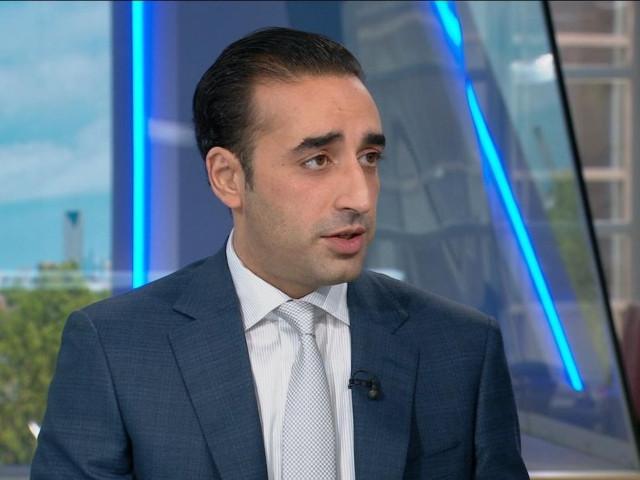Former Foreign Minister Bilawal Bhutto Zardari warned on Monday that the threshold for war between nuclear armed neighbors India and Pakistan “has never been lower” after last month’s military standoff.
In an interview with Sky News in London, he expressed concern that tensions between the two rivals remain dangerously high, despite a US ceasefire announced by President Donald Trump on May 10th.
“Currently, the threshold of conflict between India and Pakistan is the lowest than it has ever been in our history,” he said. “We have obtained the ceasefire, but we have not achieved peace as it says today.”
The confrontation was caused by a deadly terrorist attack in Indian illegal possessed Jammu and Kashmir (IIOJK), which killed 26 tourists. India accused the assault on Pakistan-based groups, an allegation Islamabad refused strongly, and called for an independent international investigation.
Over the course of four days, the two sides exchanged missile attacks, drone attacks and engaged in air battles and raised fears of a full -scale war under a nuclear overhang. The crisis eventually led International Intervention aimed at de-scaling.
Bilawal warned that another attack – regardless of evidence – could immediately trigger war. “If there is a terrorist attack everywhere in India or IIOJK, evidence or no evidence, it means war,” he said. “It’s not a sustainable situation.” He repeated Pakistan’s call for dialogue and diplomacy to tackle all excellent problems, including terrorism, Kashmir and water.
He also criticized India’s attitude to the Indus Waters Treaty (IWT) and said that delayed water release of New Delhi could hurt Pakistan’s agriculture. Any attempt to build new infrastructure on Pakistan-allocated rivers would be considered aggression. “Even a week’s delay in the water supply can destroy crops,” he said. “It would be war.”
Bilawal, who rejected Indian accusations of Pakistani participation in the Kashmir attack, said no credible evidence was presented. “They went to war with a nuclear power and still can’t name a single terrorist involved,” he said. He defended Pakistan’s terrorism record and highlighted the country’s removal from the FATF Gray list during his term of office as evidence of progress.
Bilawal is currently leading a diplomatic mission across several world capitals to present Pakistan’s attitude after the conflict. The delegation has held meetings with the United Nations representatives, Member States and US officials and continued commitments in London.



